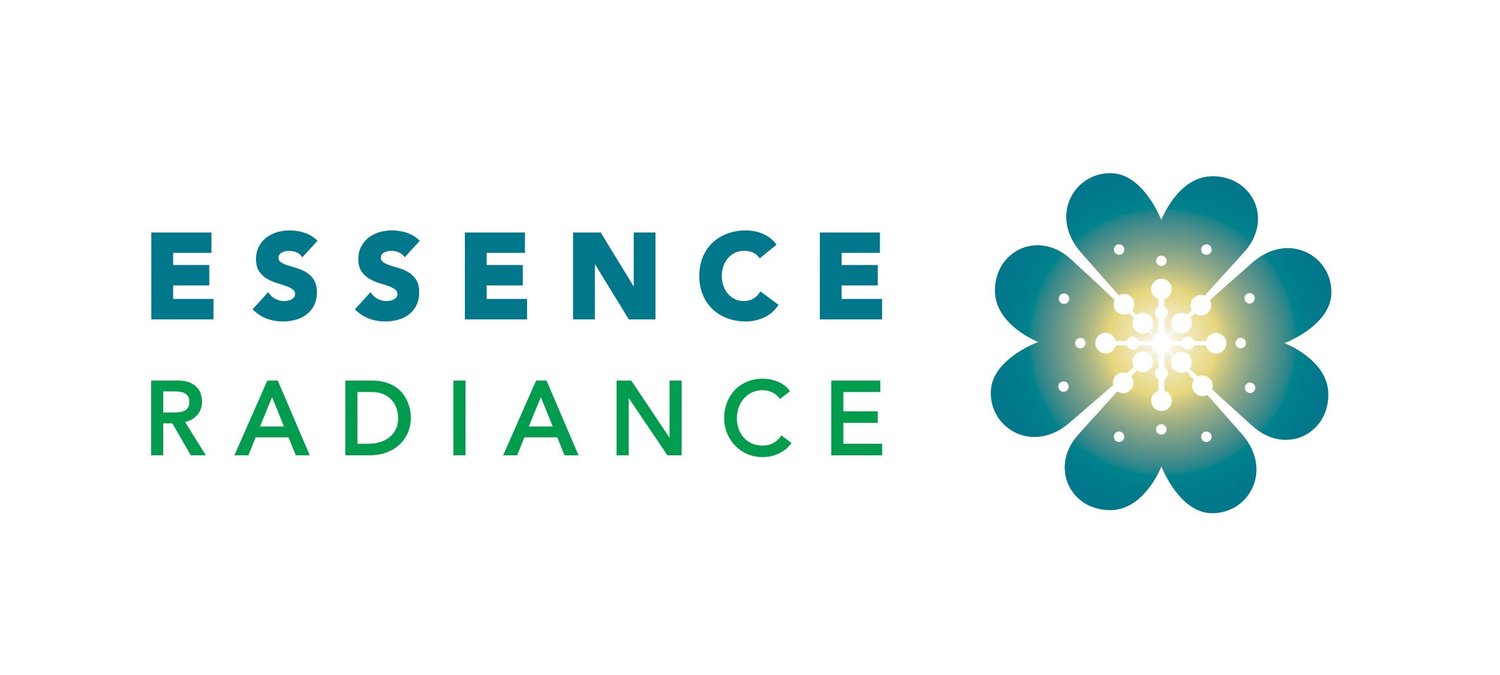“Anything which causes a ‘stress’ to the body will interfere with its ability to function optimally. Muscle testing is essentially asking the body to provide feedback about what is stressing it.”
What is Muscle Testing?
Muscle testing is a form of biofeedback. The response of a muscle to a test can be used to provide feedback on factors influencing the brain and central nervous system.
To test a muscle, the Kinesiologist holds your arm (or any muscle) and exerts gentle pressure to assess your body’s response. The muscle will either be able to resist the pressure (lock) or not (unlock). The muscle is not being tested for strength but for its integrity – its ability to maintain uninterrupted, coherent communication with the central nervous system.
If we monitor a person’s muscle and it is able to resist and ‘lock’ and then we ask that person to think about a stressful issue, the muscle may suddenly weaken and ‘unlock’. This indicates that something has interfered with the neurological flow between the muscle and the central nervous system, preventing normal muscle function.
The muscle being tested may ‘unlock’ because of a physical factor (e.g. sore muscle), because of a disturbance in the function of its related organ system (restricted lymph or blood flow), because of a disturbance in its associated meridian (blocked energy flow), or because of a disturbing emotion or thought. In other words, an unlocking muscle indicates a disturbed energy flow or 'stress' in the body - be it structural, chemical, nutritional, mental, emotional or spiritual. This stress may manifest itself in the person as some form of disease, an accident, poor nutrition or postural habits, an unresolved argument, personal trauma or crisis, even as a misunderstanding.

